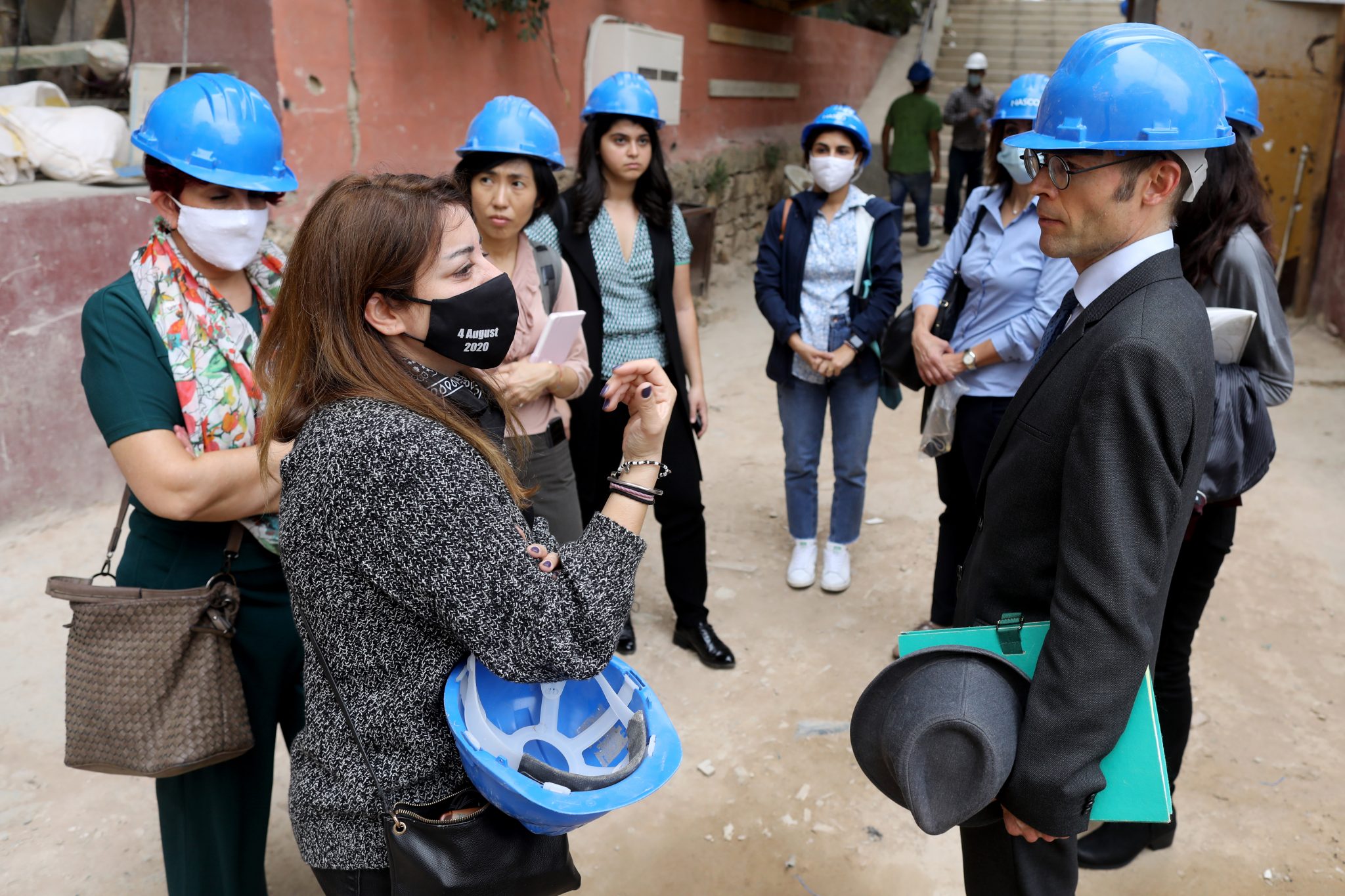Blog
Siren statelessness research cited by UN human rights expert
The UN Special Rapporteur on extreme poverty and human rights cited Siren’s research on statelessness in north Lebanon.

The UN Special Rapporteur on extreme poverty and human rights, Olivier De Schutter, cited Siren’s pioneering research on statelessness in north Lebanon in a report published 11 May.
Referencing the research, De Schutter highlighted in his report to the Human Rights Council that 76 percent of stateless individuals are denied proper education in the Akkar region.
“Children without an identity document or a civil status extract may be denied access to school,” De Schutter, an independent expert appointed by the UN, said. He noted that Lebanon’s government “has continued to deny the existence of this problem” and called upon the Ministry of Interior and Municipalities and the Ministry of Education and Higher Education to prioritise the removal of “practical obstacles to birth registration so as to guarantee the right to education.”
Siren’s research in Akkar found that the widespread deprivation of education among the stateless population correlated with higher unemployment rates. The study found that 64% of stateless people in Akkar were unemployed, compared to 54% of Lebanese people in the area.
This undoubtedly contributes to the searingly low average monthly income of stateless people in the area, which at LBP344,000 is equal to 51% of the formal minimum wage. Given the loss of value of the national currency, this is equivalent to around $12 at the current market rate.
Statelessness and the lack of legal identity negatively affects a wide range of other rights, including the rights to healthcare.